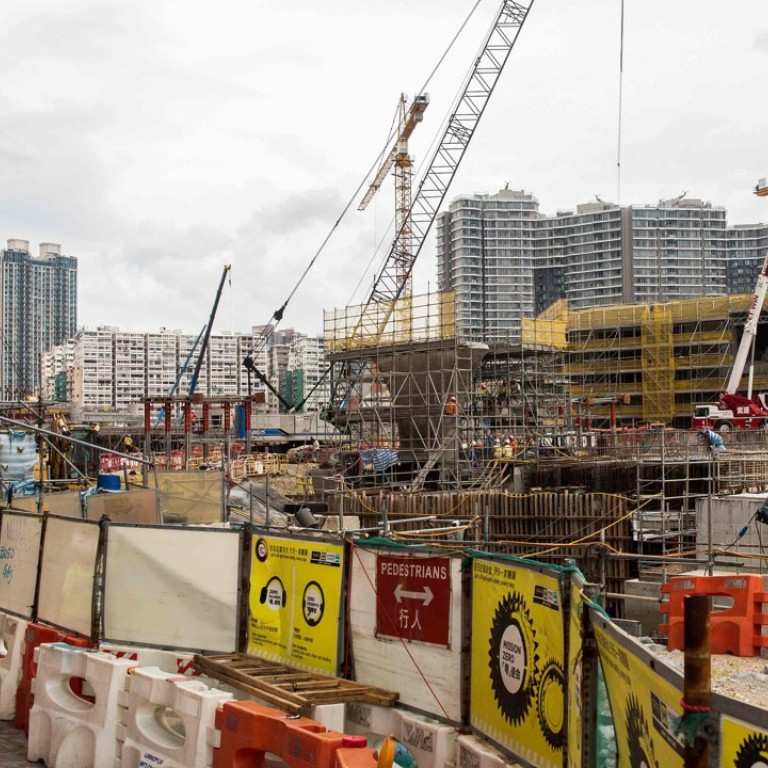
Courts may decide on joint checkpoint
The government will on Wednesday seek the Legislative Council’s support for the high-speed rail link’s joint checkpoint. While it is to be hoped that the debate can foster a consensus on the way forward, it would not be surprising if the dispute has to be resolved ultimately through judicial process
Given the controversial nature of the plan to set up a joint checkpoint in the city for the cross-border high-speed rail link, it is only natural for the Hong Kong government to exhaust different ways to ease resistance. Now that it has seemingly won the battle for public opinion, as reflected in a series of favourable survey findings, Chief Executive Carrie Lam Cheng Yuet-ngor is to take on lawmakers opposing the plan. In a rare but legitimate step, the government will seek the Legislative Council’s support with a non-binding motion on Wednesday.
Constitutionally, the government does not need Legco’s blessing before forging a deal with mainland authorities on the detailed arrangement. The co-location will also be backed by the National People’s Congress Standing Committee and the enactment of local law. But the motion helps consolidate political support and smooth the way forward, while giving the opposition a voice in the process. A stamp duty bill was even put aside to make way for the debate.
The government has used non-binding motions on three occasions since the handover, including asking Beijing to interpret the right of abode provisions in the Basic Law in 1999 and launching the accountability system in 2002. All were passed, as government motions only require simple majority support. The outcome of Wednesday’s debate may well be the same. It is nonetheless a good opportunity for a serious debate. The pan-democrats have also tabled an alternative for discussion. It is to be hoped that the debate can foster a consensus on the way forward.
The real test, however, is on its legality. There was never any doubt that a joint checkpoint is the most convenient, but the plan to lease out part of the terminus in West Kowloon to the mainland authorities for law enforcement does raise questions over the Basic Law and the principle of “one country, two systems”. Recently, a High Court judge threw out a case on the grounds that it is too early for the court to step in. The Bar Association has also called for more details on the way forward. It would not be surprising if the dispute has to be resolved ultimately through judicial process.

